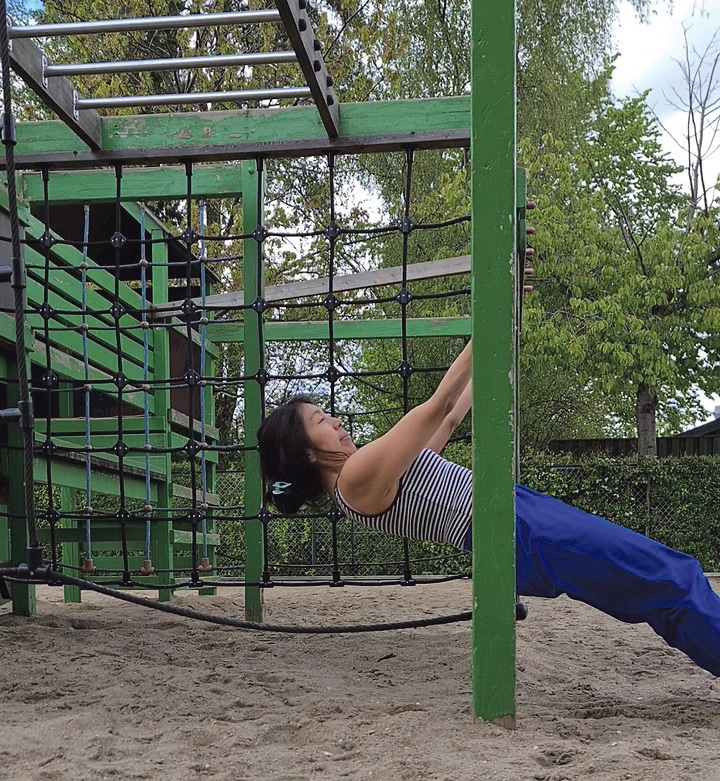Just as things were starting to look up in the hospitals – on Friday, May 14, we were hit by another disaster.
I thought this month that I might pass on a few tips to patients attending A&E during what is likely to be a long, drawn-out period with almost zero IT in our hospitals.
It is fair to say we are using ‘systems’ that existed when I qualified in the 1970s! It is back to pen and paper referrals for blood tests and all special examinations like CT and MRI. Mistakes are being made with poor handwriting and misspellings. All our notes will eventually have to be entered into our IT systems if anybody can read them!

I will give you a few examples: You need an X-ray, a tatty form is filled in and a porter takes it to X-ray. The radiographer then logs the patient in, sends a porter to collect the patient, an X-ray is performed and the doctor is then called to go directly to X-ray to view the film. It might need a second expert opinion. The doctor them contacts the radiologist who then handwrites a report. This process can take several hours.
Blood tests are taking up to four hours to be processed, which creates huge backlogs. We cannot, as yet, access previous X-rays or blood tests.
You might need a blood transfusion urgently. One tiny mistake on the handwritten request understandably leads to instant rejection of the sample. A further sample has to be taken. There is no room for alterations here. This can be life threatening.
I don’t fully understand how all our sensitive data has been stolen, encrypted and possibly stored in the Dark Web. We are being held to ransom by persons unknown, as we wait for the Anti Cyber Crime Unit to sort it all out. It all sounds like something from a James Bond movie, but this is real!
So take it from me; our A&E Departments are really struggling. We have put all our eggs in an IT basket, which has now been stolen! Even if the HSE pays up, we might not get all our eggs back!
So what can patients do at the moment? Ask yourself do you really need to go. Your GP should be the first port of call. Face to face consultations are a lot safer than they were months back and nothing beats your regular GP eye-balling you. I personally find phone consultations really difficult and always prefer to see and examine my patients.
If you do need to come, try to get a letter from your GP with your medical summary, allergies and current drugs you are taking. The GP can fax this. Read and understand YOUR medical history.
Failing this, bring your tablets or a copy of your script along, and give some thought as to what important illnesses and allergies you have had, as we currently cannot get this information from your computerised hospital records.
It is basic stuff I know but makes such a difference.
I was about to take a week’s break last week but was called in to provide extra cover; I am amazed at the resilience of the staff – I am so proud to work with them but we do need YOUR help here.
While last week we all thought there was light at the end of the tunnel, it has turned out to be an approaching train!



